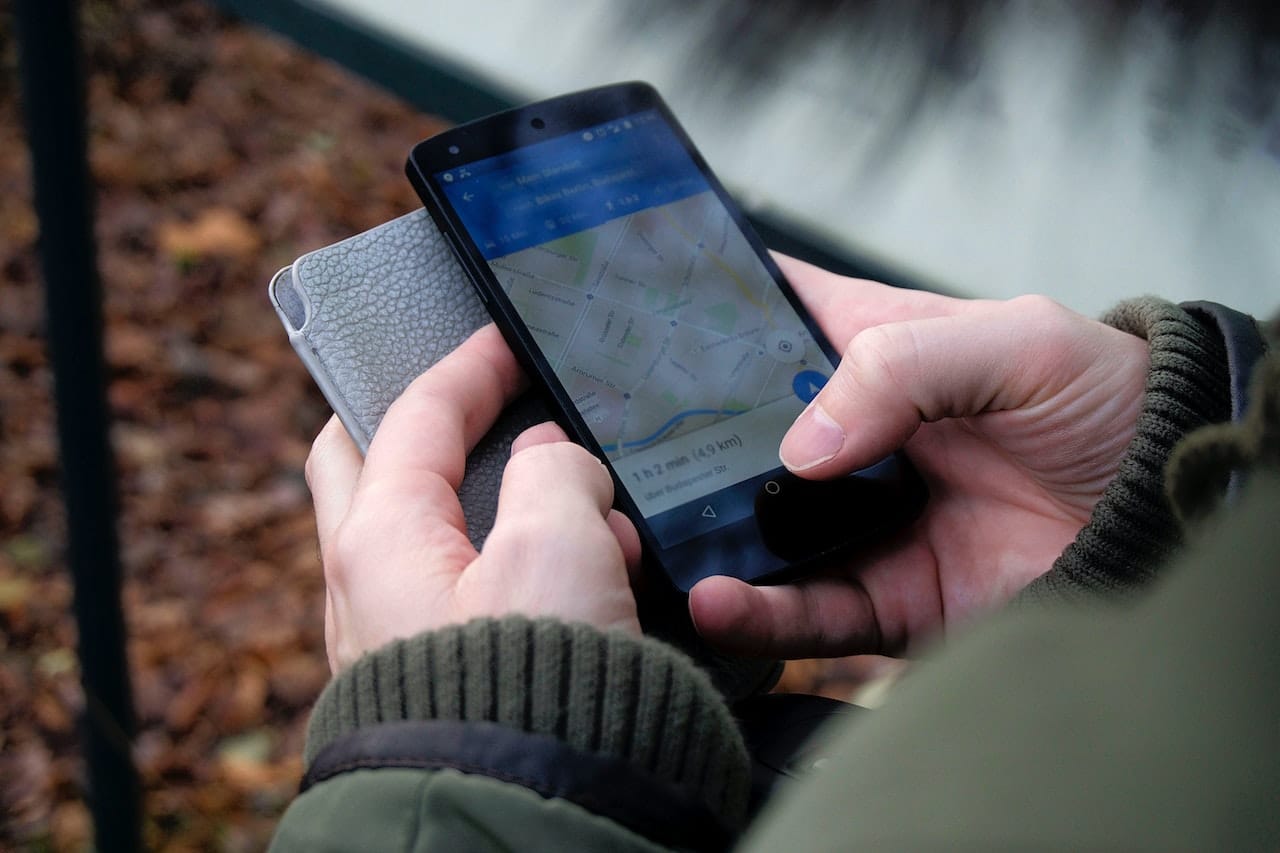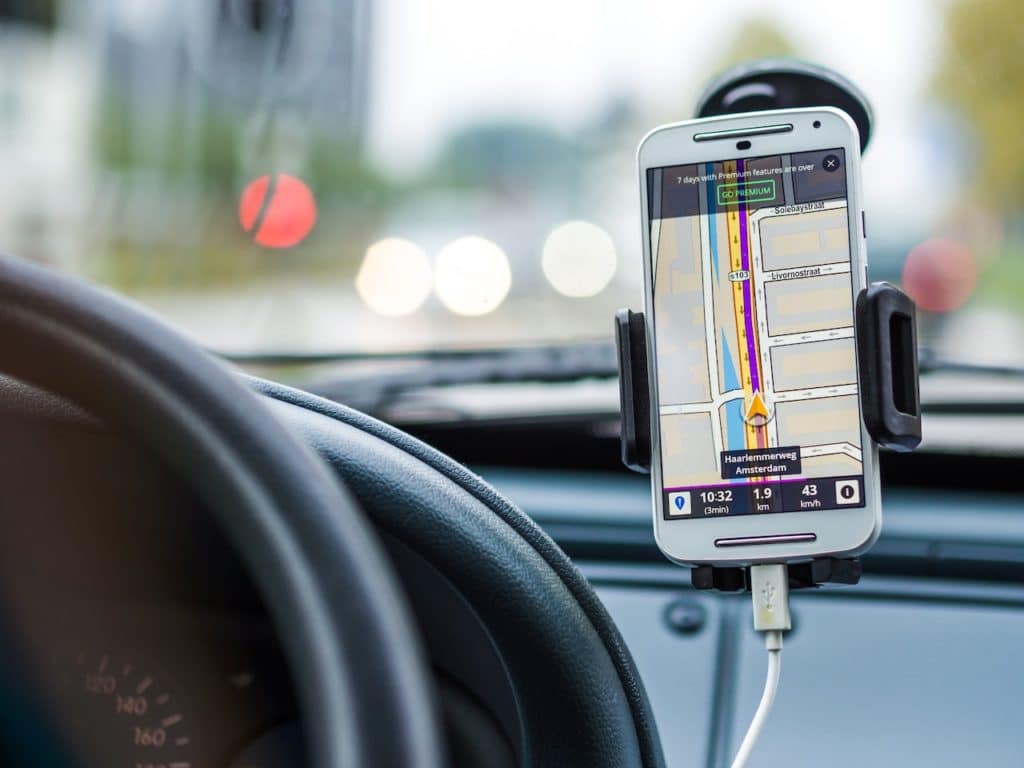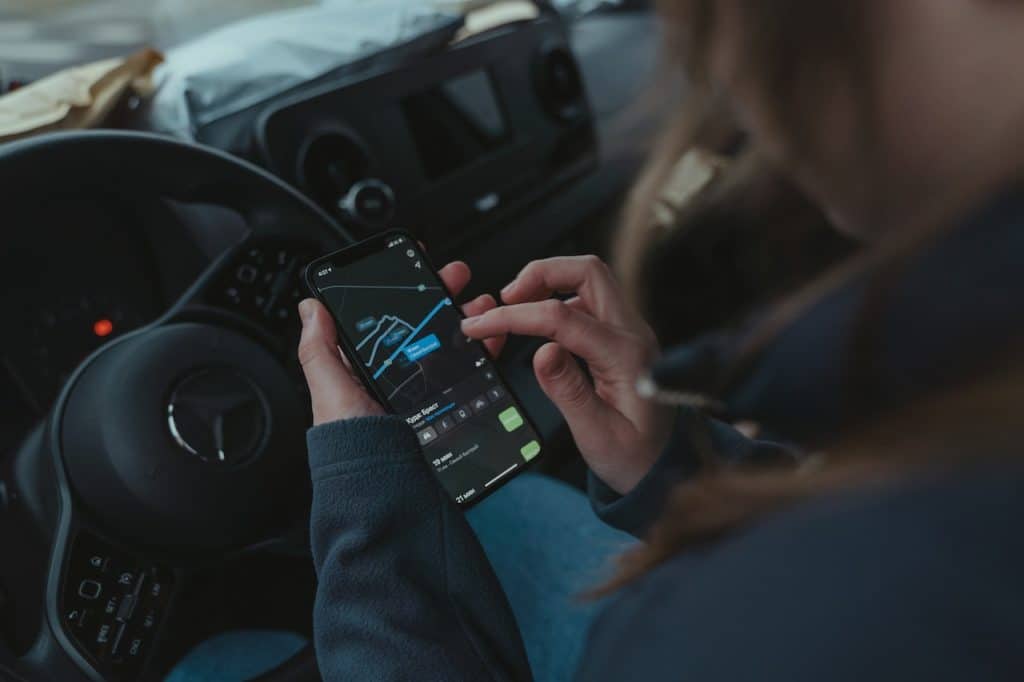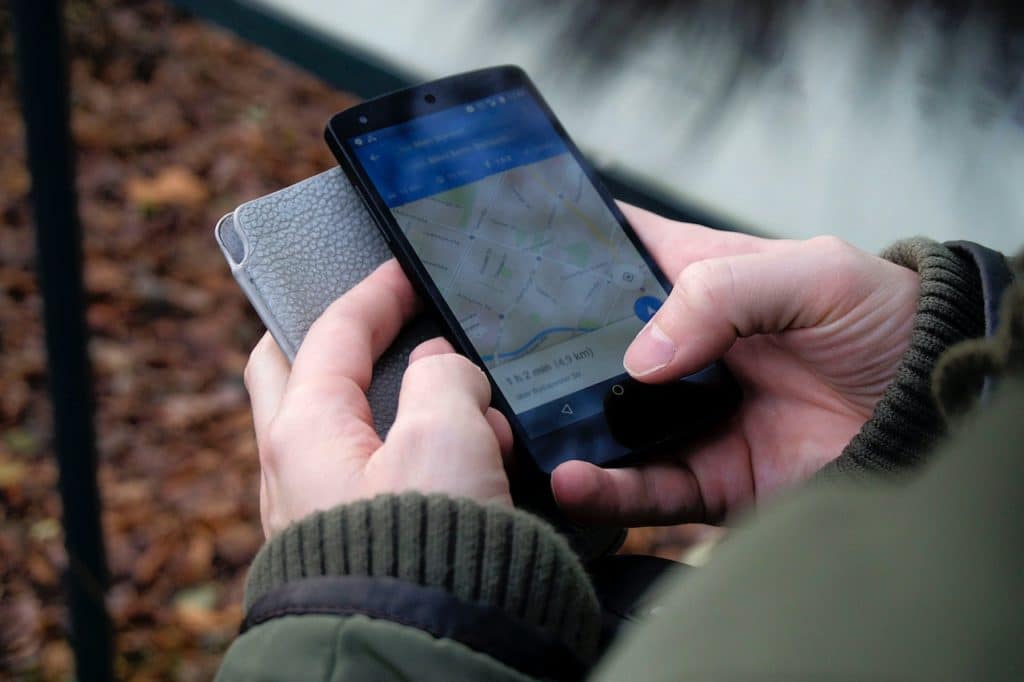Phones
Does GPS Spoofing Impact Everyone Around You?

GPS, short for Global Positioning System, has become a crucial part of our day-to-day lives, helping us navigate the physical world, powering applications from delivery services to fitness trackers. However, a practice called GPS spoofing has emerged as a growing concern in the digital landscape. This article aims to explore the intricate workings of GPS spoofing and determine whether it impacts not just the target device but everyone in the vicinity. We will delve into its technical aspects, potential wider impacts, case studies, and mitigation strategies.
Understanding GPS Spoofing
How GPS Spoofing Works
GPS Spoofing is an attack where a device’s GPS signals are manipulated to provide false location information. Typically, GPS receivers calculate their location based on signals they receive from multiple satellites. In a spoofing attack, an adversary transmits a fake signal that the receiver treats as genuine, leading it to compute an inaccurate location.
The practice of GPS spoofing is technically complex, involving a deep understanding of GPS systems and the specialized equipment necessary to generate and transmit counterfeit GPS signals. To successfully spoof a GPS, one needs to match the precise structure of a GPS signal, which includes the signal’s time stamp and pseudorandom noise codes unique to each GPS satellite.

Purposes for GPS Spoofing
GPS spoofing can serve several purposes, with the most common ones being:
- Personal Gain: GPS spoofing can be used to cheat location-based apps. For instance, a player in a game like Pokémon Go might spoof their GPS to appear in different locations and catch rare Pokémon without physically moving.
- Criminal Activity: GPS spoofing can assist in various illegal activities, like smuggling or theft. Criminals can spoof the GPS of a tracked vehicle to create a false trail, leading law enforcement to a wrong location.
- Military and State-Level Activities: GPS spoofing has strategic implications. State actors might use it to disrupt enemy communication or to protect sensitive locations. For example, in 2011, Iran reportedly used GPS spoofing to capture an American stealth drone, tricking it into landing in Iran instead of its base.

The Effects of GPS Spoofing
Effects on Individual Devices
GPS spoofing primarily impacts the device being targeted. For example, a spoofed smartphone might show the wrong location, potentially affecting all location-based services such as maps, ride-hailing apps, or food delivery services. This could lead to inconvenience, disruption of services, or, in severe cases, potential harm or loss.
Potential Wider Impacts on Surrounding Devices
While the effects of GPS spoofing are usually localized to the targeted device, it can potentially impact nearby devices as well. This can happen when the spoofer broadcasts counterfeit signals with enough power to reach these devices, causing them to compute inaccurate locations. The result can range from mild confusion or inconvenience to significant disruptions, especially if the affected devices are critical, such as navigation systems in vehicles or aircraft.

Does GPS Spoofing Affect Everyone Around You?
Analysis of the Reach of GPS Spoofing
GPS spoofing is a highly targeted attack, usually directed at a single device or a small set of devices. However, it can potentially affect other devices in the immediate vicinity if the spoofed signals are broadcasted powerfully enough. The likelihood and extent of this impact can vary greatly depending on factors like the power of the spoofed signal, the sensitivity of nearby devices, and their proximity to the spoofer.
Case Studies Demonstrating Instances Where GPS Spoofing Affected Others
One documented case of broad GPS spoofing was in 2017 in central Moscow. Numerous drivers found their GPS devices placing them at the nearby airport. The event was suspected to be a protective measure against drone flyovers, emphasizing the potential for GPS spoofing to impact a wide area and many people.
In another instance, a report from the University of Texas in 2013 revealed a successful experiment in which researchers managed to divert a $80 million yacht off its course using GPS spoofing, demonstrating the potential maritime hazards of such attacks.
Mitigation and Countermeasures
Strategies for Detecting GPS Spoofing
Detecting GPS spoofing can be challenging due to the subtlety of the attack. However, several techniques have been developed:
- Consistency Checking: This involves checking the consistency of GPS signals with data from other sources like cellular or Wi-Fi networks.
- Signal Strength Monitoring: Anomalous signal strength could indicate spoofing, as spoofed signals are usually stronger than genuine ones to overpower them.
- Cryptographic Methods: Certain high-level GPS services employ encryption, making the signals more difficult to spoof.
Best Practices for Protecting Devices from GPS Spoofing
While total prevention of GPS spoofing is difficult, there are steps individuals and organizations can take:
- Use Encrypted Services: Where available, using GPS services that offer encryption can make spoofing more difficult.
- Multi-Sensor Systems: Devices that use multiple navigation systems (GPS, GLONASS, Galileo) can be harder to spoof as an attacker would need to spoof all systems simultaneously.
- Regular Software Updates: Keeping devices updated with the latest software can help protect against known vulnerabilities.
In conclusion, while GPS spoofing is generally a targeted attack, its effects can spread to devices in the immediate vicinity under certain conditions. The implications of such attacks can range from minor disruptions to potentially serious safety threats, particularly in sectors like transportation and defense. As our reliance on GPS technology grows, understanding and mitigating the risks associated with GPS spoofing becomes increasingly crucial. Users and organizations must employ all available countermeasures, from encryption to multi-sensor systems, to protect their devices and the broader digital ecosystem.
-

 Gadgets6 months ago
Gadgets6 months agoCan Dogs Use VR Headsets?
-

 Tech6 months ago
Tech6 months agoWhat Does “Voicemail Pending” Mean?
-

 Phones5 months ago
Phones5 months agoHow Do I Know if My Phone Supports AR?
-

 Tech5 months ago
Tech5 months agoDoes Astigmatism Affect Your VR Experience?
-

 Business5 months ago
Business5 months agoHow Do You Make an AR Without Coding?
-

 Phones5 months ago
Phones5 months agoWhat To Do About That Weird Notification Sound on Android?
-

 Tech4 months ago
Tech4 months agoHow Can I Get Google Drive 1TB for Free?
-

 Phones4 months ago
Phones4 months agoHow Does SnapDrop Work? – Instant File Sharing Made Easy





























